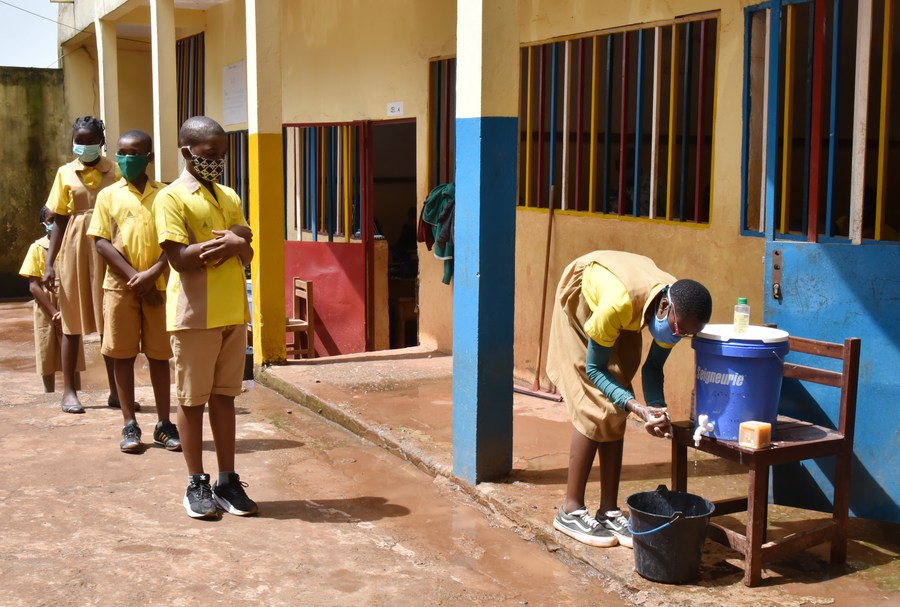
African children remain under siege from COVID-19: UNICEF

Children in Africa remain confronted by a host of threats due to the COVID-19 pandemic, the United Nations Children’s Fund (UNICEF) said on Tuesday in commemorating the Day of the African Child.
The direct and secondary impacts of the virus threaten to unravel the gains made for the poorest children across Africa, UNICEF said in a statement emailed to Xinhua.
While wealthier children are able to continue learning online, barely one in five households in Eastern and Southern Africa have internet access, according to UNICEF.
84% of the rural population – where the bulk of African learners reside – have no electricity, meaning online learning is not an option, said UNICEF.
Up to 16 million children in Africa are no longer accessing critical daily meals at school while violence is increasing, and more African children will fall into poverty, UNICEF said.
Prior to COVID-19, it was estimated that around three out of every four children in Africa are affected by multi-dimensional poverty. These children are deprived of the most basic things in life, like access to sufficient food and clean drinking water, going to school, being able to get medical help, sleeping in adequate shelter, going to the bathroom in a safe place, or living in an environment free of physical and emotional abuse.
The economic fallout of the COVID-19 pandemic could push up to 86 million more children into household poverty by the end of 2020, two thirds of these in Africa, according to analysis released by Save the Children and UNICEF.
Only 16 percent of children in Africa are covered by social protection programs, making it impossible for families to withstand financial shocks caused by COVID-19 and furthering the cycle of intergenerational poverty, said UNICEF.
While the challenges are immense, UNICEF said it is collectively achieving significant regional results, including 71 million people reached with messaging on COVID-19 prevention and how to access services, 10.8 million children supported with distance/home-based learning, more than two million people reached with hand-wash supplies and two million children and women reached with essential healthcare services in UNICEF-supported facilities.






